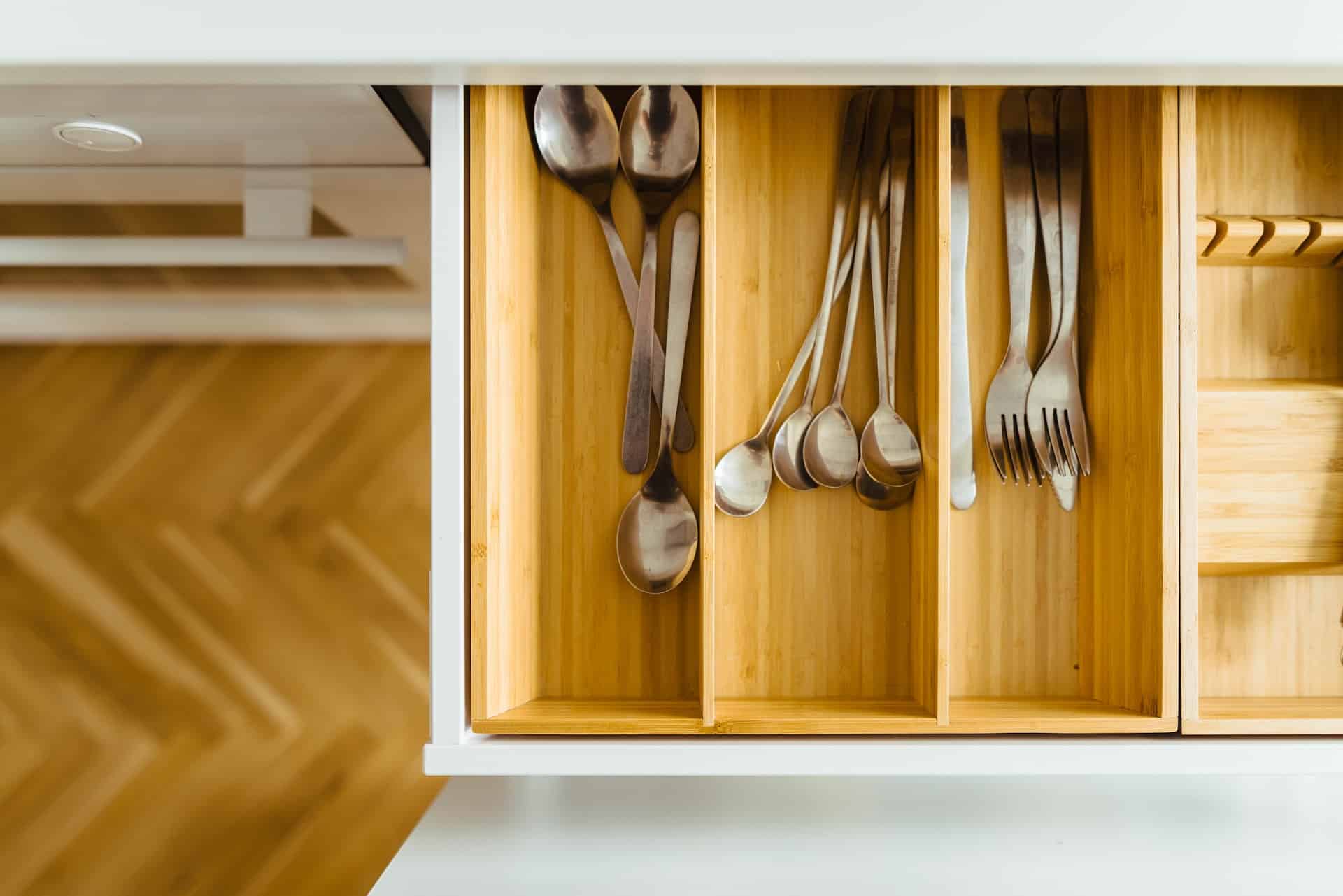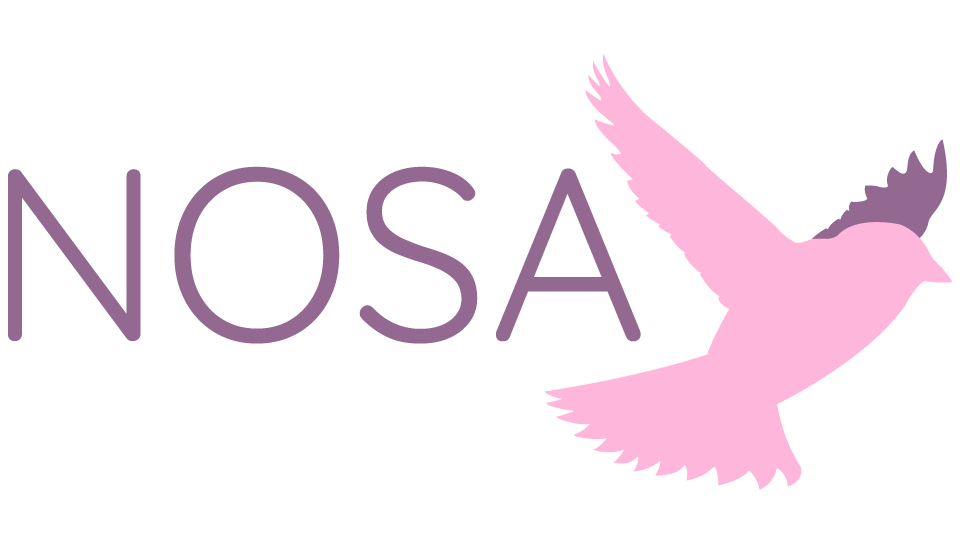How to Recognise and Improve
a Hoarding Problem

Hoarding is a complex psychological disorder characterised by the excessive accumulation of items and an inability to discard them, even when they have little or no value. Hoarding can lead to serious health and safety risks, strained relationships, and a diminished quality of life. However, with the right strategies and support, individuals who struggle with hoarding can find ways to manage their condition and regain control of their lives.
Are You Living With Hoarding Tendencies?
The first step in addressing hoarding is acknowledging that it is a problem. Often, individuals with hoarding tendencies may not see their behaviour as abnormal or harmful, making it very difficult to solve the problem.
In fact, in many cases, it will be those close to you who first notice hoarding tendencies emerging. It might be hard to convince you to part with unused possessions, or they may even notice that your home is becoming very cluttered, but it’s worth listening to the people you care about if they bring up the topic of hoarding.
Alongside this, it’s also important to encourage self-awareness and self-acceptance in yourself, but also emphasise the need for change. This will make it much easier for you to take steps to improve your life once you have established that you have a hoarding problem.
Get Help With Hoarding
You can read about the symptoms of hoarding on our dedicated service page, but a professional may be able to help you better understand your problems. It only takes a few minutes to call the team at NOSA, and we can help you determine the likelihood that you are living with a hoarding problem.
Hoarding is a mental health problem. Therapy, such as cognitive-behavioral therapy (CBT), can help individuals understand the root causes of their hoarding behavior and develop healthy coping strategies.
Here at NOSA, we specialise in providing CBT to those living with hoarding, PTSD, and other issues related to anxiety. If you are looking for help, we encourage you to get in touch with our friendly team.
How to Improve a Hoarding Problem
Getting professional help from a talking therapy provider like NOSA can be an effective way to work towards improving a hoarding problem, but you can also take steps to improve the situation for yourself. It’s crucial that you take the time to reflect as you make changes like this to ensure that they are having a positive effect.
- Develop a Support System: Building a strong support network is crucial for individuals dealing with hoarding. This may include family members, friends, or support groups. Loved ones can provide emotional support, offer assistance in decluttering, and help maintain progress.
- Set Realistic Goals: Recovery from hoarding is a gradual process. Consider setting small, achievable goals for decluttering and organisation. Celebrate each milestone to maintain motivation and momentum.
- Educate Yourself: Learning about hoarding disorder can help both individuals with hoarding tendencies and their loved ones. Understanding the underlying causes, common triggers, and available treatments can lead to more effective support and communication.
- Practice Self-Compassion: Individuals struggling with hoarding often feel shame and guilt about their behaviour. Encourage self-compassion and remind them that hoarding is a mental health issue, not a character flaw. Self-forgiveness is an essential step in recovery.
- Develop Decision-Making Skills: One of the challenges of hoarding is difficulty in making decisions about what to keep and what to discard. Work with a therapist or access self help materials to develop decision-making strategies.
- Limit Buying New Things: To prevent further clutter, individuals with hoarding tendencies should work on reducing the amount of new items they acquire. Establish a shopping plan, avoid impulsive purchases, and practice mindfulness when considering new acquisitions.
How to Recover From a Hoarding Problem
Dealing with hoarding is a challenging journey that requires self-patience and understanding. You may also benefit from professional guidance. It’s essential to remember that recovery is possible, and individuals with hoarding disorder can lead healthier, more fulfilling lives. By recognising the problem, seeking professional help, and implementing these strategies, individuals and their loved ones can take significant steps toward managing hoarding and regaining control of their living spaces and their lives.
You don’t have to go through this process on your own. Here at NOSA, we always work hard to provide compassionate and caring support for those living with issues like hoarding. We understand how much hoarding can impact your life, and we want to make a difference.

